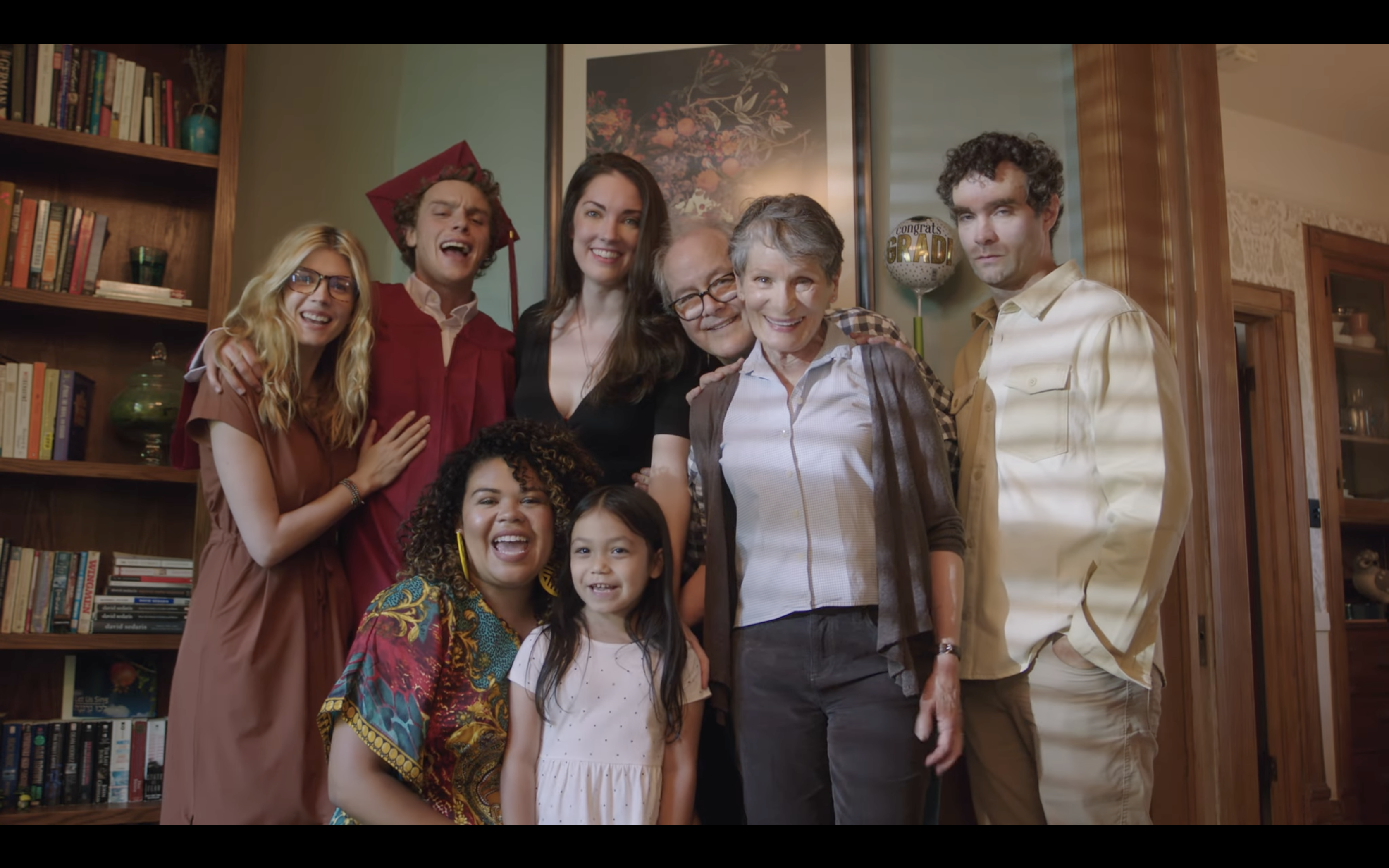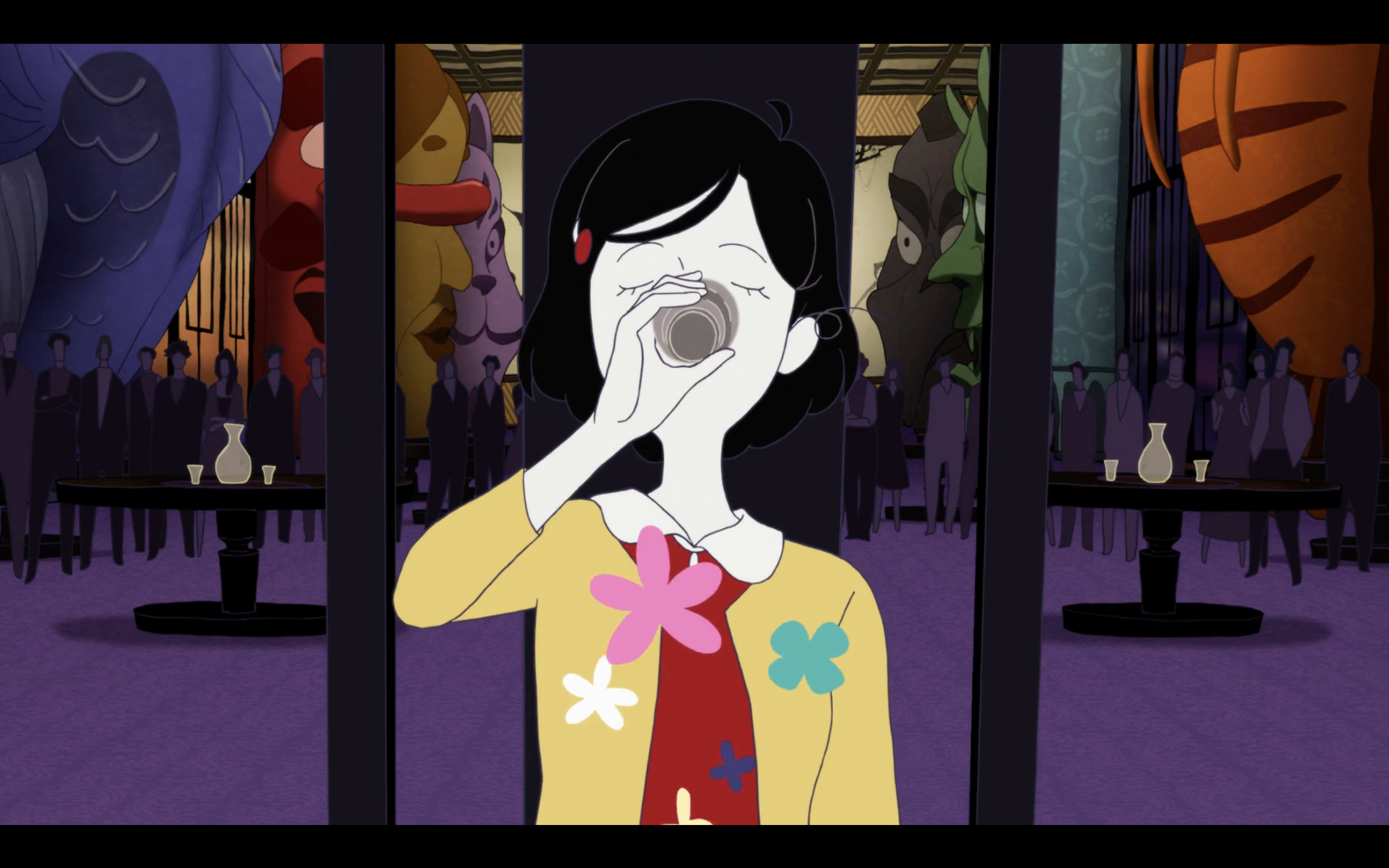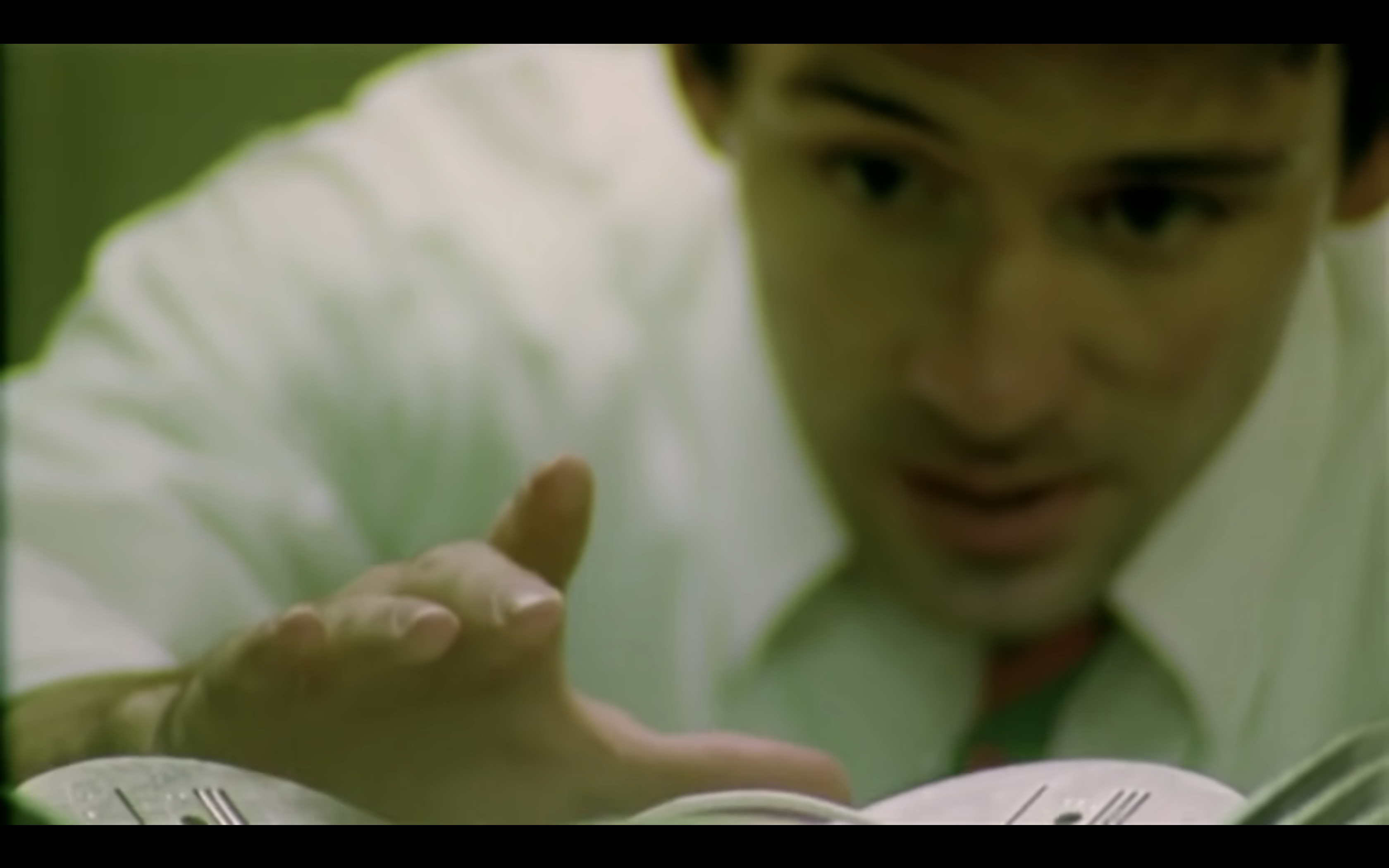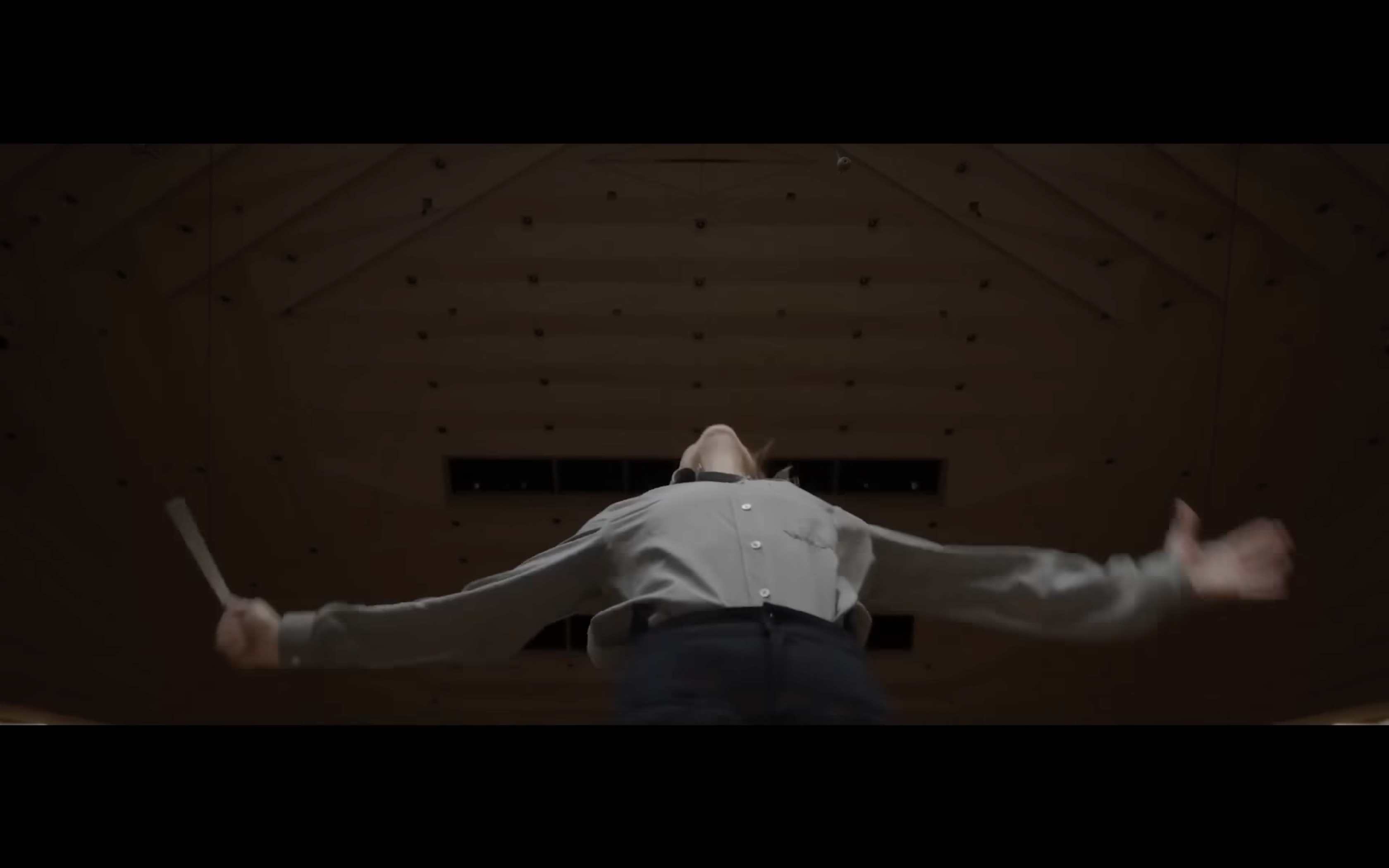
Relative is a 2022 independent film set in the Roger’s Park area of Chicago that tells of the conflicts between the Frank family as they come home to celebrate the college graduation of the youngest brother Benji, At the showing I attended, director Michael Glover Smith told the audience that all his films end up being about love and that after creating this film, he believes that familial love is the most complicated of all.
That complication is hardly demonstrated in the film. It clearly wants to be about complication, but just isn’t. Characters throughout the film describe the Frank family as dysfunctional. While individual characters are dysfunctional, that dysfunction is shown to stem from the family itself or how it functions. Eldest brother Rod lives in the basement after struggling with a separation from his partner, on top of addiction and PTSD.Really, many of his issues (such as his addiction and mental illness from being a veteran) are simply told to the audience, rather than depicted.
Benji seemingly has a strained relationship with his brother Rod. The first real scene we get between them is Benji yelling at his brother from the street as Rod sits on the roof smoking pot. But where this bitterness comes from isn’t clearly depicted. It is later revealed that Benji sees his brother as freeloader and this is where the bitterness comes from. But this bitterness is never fully explored. Beyond that, from what we hear from Benji, much of his bitterness towards Rod comes from Rod’s struggles: his broken heart, his veteran PTSD and depression, his opiate addiction recovery. How cruel, and yet the film doesn’t frame it as cruelty. It seems to me that it wants us to take Benji’s side. By the end of the film, the brothers are on good terms. The last scene of the film is the two brothers and their parents laughing together on the porch smoking cigars. Where does this unity and coming together, especially on the part of the brothers, come from? I do not know. It happens and that is all.
Evonne Frank has a dysfunctional relationship with her spouse. While they both come to the graduation party, it is revealed there that they are seeking a separation, only to have that separation come into question again by the end of the film. Evonne is hesitant to come home due to the alleged dysfunction, but is never clear where this reticence comes from. The audience is told that the family has a functional failure, despite no specific portrayal of it, and from there we must assume that all conflict we see is a symptom of it.
Finally, sister Norma does not seem to have any conflict at all. Not in her other relationships, not in her family relationships. She misses her husband and child, I suppose. But that’s all. And we really only get two really short scenes of that, anyways. Really, her character could be cut from the film, and hardly anything would change at all.
And this lack of purpose is true of a number of parts of the film. Toward the beginning, Benji is told by his professor in his last class that he is gifted in writing about art. He informs her that he is a STEM student, but that he will continue writing anyways. We hear nothing of this again and it is a conflict that never plays on his character. (On a nitpicky note, the depiction and writing in this scene, from location and props to dialogue, feels like it is created by someone who has never been in a college class, at least not in a very long time). He is going on to work at Google, a decision that seemingly might conflict with his free-love socialist parents. But it is a conflict that is never brought up or even registered as a potential for conflict.
For the most part, there are no real arcs in the film. Characters and relationships are one way at the start of the film, and then by the end they are some other way. Really, the only clear moment of change we see is when Evonne opens up to her mother and her mother in turn opens up about her own turbulent past with mental illness and relationships. Even then, however, this conversation feels like it comes out of nowhere and is rather forced. And all of this is to say nothing of the formal aspects. The performances are, on the whole, decent. A standout is Keith Gallagher’s performance as Rod. The cinematography serves its purpose adequately, although some shots towards the end, such as Benji’s love internist Helga walking down the street at night in bliss, feel derivative and a tad bit twee. They want to be magical and standout, at it shows that they want it. A huge falling is the audio, which is consistently inconsistent and distracting in its failure.
Everything in Relative simply is. These characters are the way they are. Why? Because they are. The family is dysfunctional. In what ways? Irrelevant. The characters say it is dysfunctional and thus it must be, despite all the love and support from the Frank parental unit. The Frank family is one way and by the end they are supposedly another way. How and why, I am not sure.


